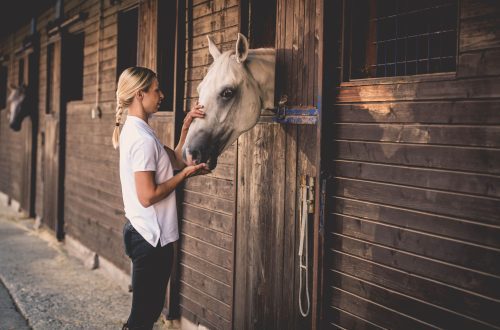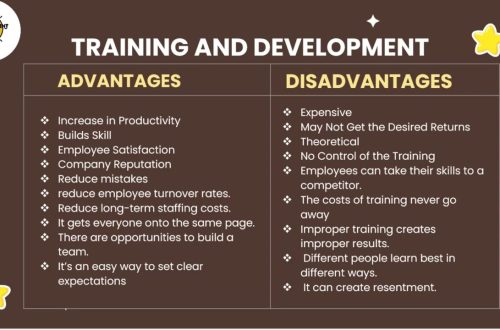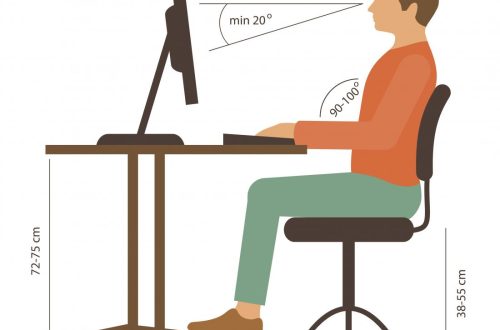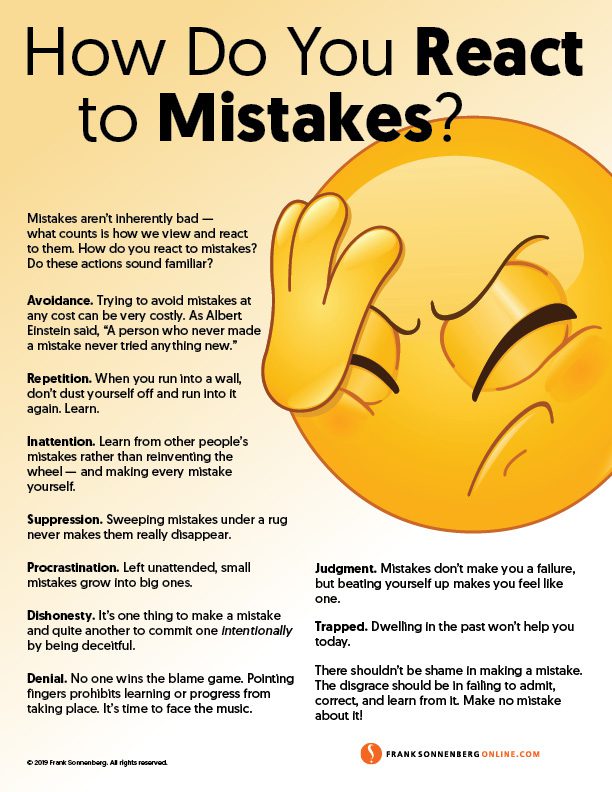
When you make a mistake, how do you deal with it?
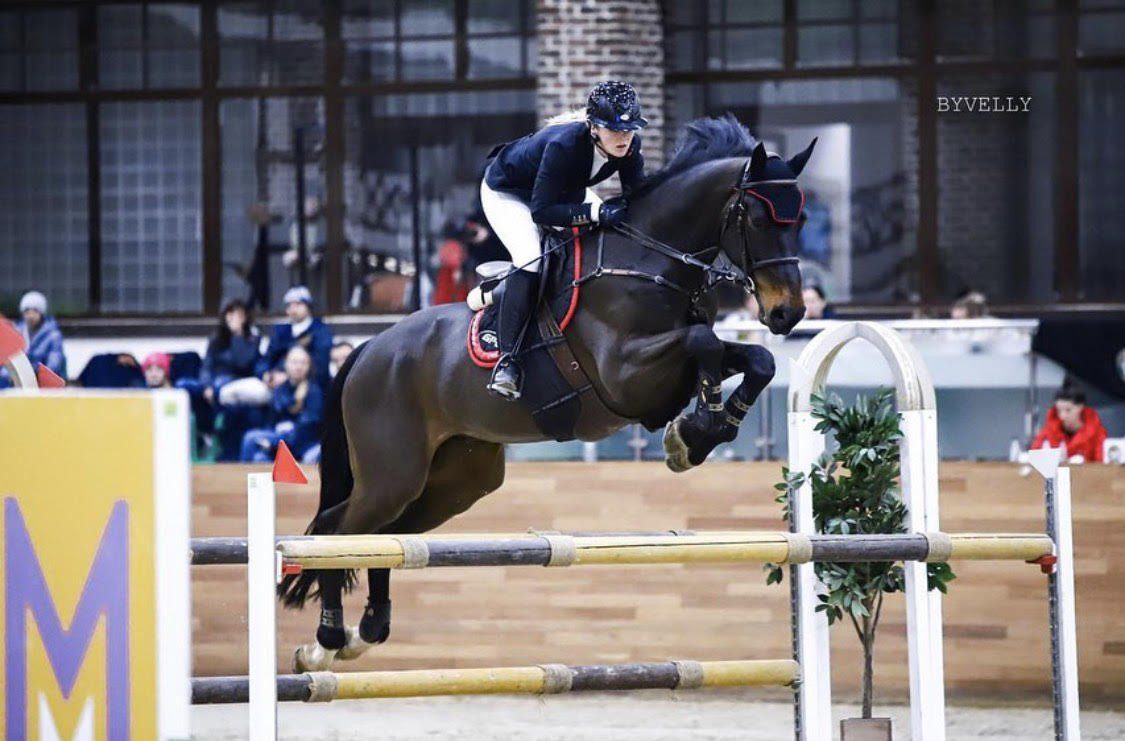
Photo: @photobyvelly.
Currently, not all riders have the opportunity to ride, many stables are closed to the public due to the coronavirus, and, of course, this does not add optimism to the riders. And if the last workout before quarantine didn’t go as well as you would like, there are even more reasons for excitement and concern. Sports psychologist Kip Rosenthal gives advice on how to manage your nerves and direct your thoughts in a positive direction.
“Maybe your last pre-quarantine workout didn’t go the way you wanted. You’ll tell me, “Kip, my last workout didn’t go well and all I can think about right now is the mistakes I made.” Think about this: when you were a small child, the first words you understood were the words of your parents. Then you learned the words from your friends, your friends’ parents, teachers, and so on. As you go through life, you have had all these experiences – good and bad – because your consciousness is always unconsciously fixing everything that you do. So, in moments of solitude, you may start to remember your last workout, because it comes naturally, especially for riders who tend to be largely driven by progress. It may seem that the more you think about that mistake, the more likely you are to correct it. But usually, if you keep replaying it in your head over and over again, you will feel more and more discouraged and frustrated.
Worry and fear will paralyze you, take away the fun of riding, and hinder your progress. Good news! Now you can control it.
When you make a mistake, what is your reaction? Do you listen to what the coach tells you and do you remember his remarks so that you can do the right thing next time in a similar situation? Or do you dwell on what you did wrong and keep berating yourself for it?
In a situation like this, how often do you think about how many times you got it right? Of course, you will tell me that you don’t think about doing everything right, because all your thoughts are focused on your mistakes. If you keep thinking like this, you discard all the constructive information you are given because you only think about mistakes. Imagine that your thoughts are moving along the road. You have reached a T-junction. When your thoughts about your workout get to that T-junction, you must decide which road you want to take next, the negative or the positive.
That’s the whole point.: If you keep thinking about what you made a mistake and how you made a mistake, chances are good that you will make a mistake again. You may have heard about the power of visualization: if you imagine yourself coming up with a good calculation or doing the right canter, your body accumulates these sensations and then you are more likely to make it a reality. So you see how focusing on mistakes and replaying that bad oxer distance over and over in your head puts you at a disadvantage when you visualize your wrong moves when you try again.
Let me teach you one exercise. I will ask you to remember a time when you and your horse did something just great, when you were together as one. Perhaps it was a big oxer jump that made you very proud of yourself. Or it was just a transition from a canter to a walk. Bring yourself mentally into that moment and look at yourself doing everything flawlessly. Can you recreate these feelings? Give it to yourself over and over again.
Come up with something for yourself that will allow you to remember that time, when you did everything right. Any word, for example “confidence”. Now that you have come to a T-junction in your mind (where you can take the negative path or the positive path), the choice is yours. Take a slow, deep breath and remember the word “confidence.” Once you do this, your positive experience will return to you. It won’t be easy at first. Your thoughts will automatically tend to go in the direction of the negative. You have thought like this so often that it has become a habit. Now you must train your thoughts to follow a positive path.
This is a very useful skill in life. In general, a negative way of thinking does not bring any benefit, which is why it is so important to remember the moments when you did everything right, which contributes to the formation of positive thoughts. Over time, this will become your way of thinking. Some get it done pretty quickly. For others, it takes longer.
Now people have time to think, and some of their thoughts are not at all positive. People worry, among other things, because of some things that they did wrong during their training. Instead of these negative thoughts, try to remember the moments when you successfully performed at tournaments more often. It doesn’t have to be victories, it can just be a good ride. If you remember these positive moments when you resume training, you will have more confidence. It will be easier for you to make decisions.
Source: Noellefloyd.com



